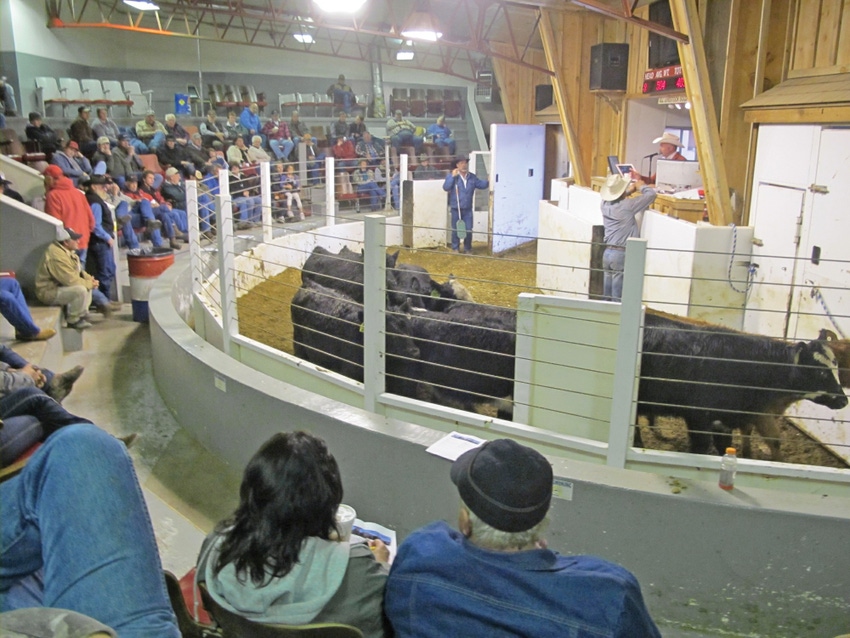USDA’s Grain Inspection, Packers and Stockyards Administration once again postpones implementation of its controversial rule.

In an announcement that drew cheers from some quarters of the beef business and consternation from others, the Grain Inspection, Packers and Stockyards Administration (GIPSA) is delaying the effective date of its interim Farmer Fair Practices final rule an additional six months to Oct. 19, 2017, to allow additional comments and giving the new Ag Secretary time to consider the rule.
During a new 60-day comment period, the public will weigh in on whether USDA should (1) let the rule become effective, (2) suspend the rule indefinitely, (3) delay the effective date of the rule further, or (4) withdraw the rule.
“This is another step toward common sense and away from counterproductive government intrusion in the free market,” said NCBA President Craig Uden. “That said, while a delay is welcome, ultimately this rule should be killed and American cattle producers should be free to market our beef without the threat of government-sanctioned frivolous lawsuits.”
Two proposed rules and one interim final rule came out on December 20, 2016, one month before the end of the Obama Administration. The interim final rule regarding the scope of the Packers and Stockyards Act and the proposed rule regarding undue preference and unjust treatment have a direct negative impact on the cattle industry, Uden said.
On the other hand, Mike Weaver, President of the Organization for Competitive Markets, offered the following statement:
"USDA needs to stop playing games at the expense of the American family farmer. This will be the third time USDA has asked for comments on this rule. Every time family farmers comment in favor of the rule, USDA delays and opens a new comment period. It's obvious USDA has a deaf ear to America's family farmers. We call on America's consumers to join family farmers in demanding USDA finally enact this rule."
Under the interim final rule, USDA or a producer no longer needs to prove true economic harm. Instead, one only needs to say that he or she was treated "unfairly" to file a lawsuit. That, Uden said, could discourage cattlemen from continuing to invest in improving the quality of beef being produced.
“Trial lawyers are salivating at the prospect of this rule becoming the law of the land,” Uden said. “If this rule isn’t killed once and for all, cattle producers will lose nearly all incentive to invest in the production of higher-quality beef. That would mean less revenue for producers and lower quality for consumers. That’s a lose-lose proposition and exactly why the rule needs to not only be delayed – it needs to be killed outright.”
About the Author(s)
You May Also Like



